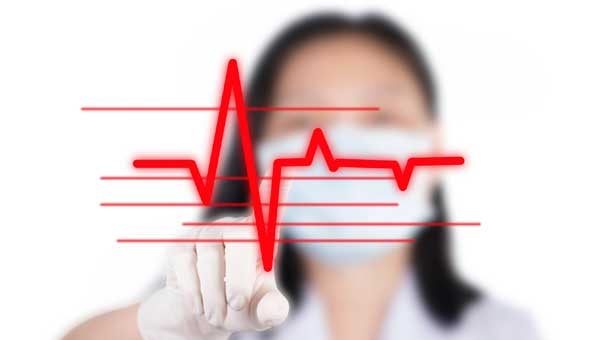What women need to know about their heart health
Story By E. Merritt Cullum
Photo Contributed
Thanks to early intervention, improved diagnostics and sophisticated treatments, patients who would have died of heart attacks a generation ago are now enjoying longer, healthier life spans.
However, women are still at disproportionate risk, with heart disease and stroke killing one in three women. That’s why it’s so important as part of February’s heart awareness month to share information on the signs and symptoms of heart disease.
Women often have atypical heart disease symptoms. Men tend to have the classic, crushing chest pain, while women often have manifestations like shortness of breath or just not feeling quite right. Many women attribute their discomfort to indigestion. Leading up to their symptoms, they are often so busy caring for their families that they have not cared for themselves. Their concerns may have become secondary.
That’s why we encourage women of every age to devote more energy to maintaining heart-healthy habits that can minimize future risks. Risk factors for both men and women include high blood pressure, high cholesterol, diabetes and smoking.
All of those are modifiable or preventable. I often see entire families affected by cardiovascular disease, and many if not all members of the family smoke cigarettes and/or are diabetic. A significant component of their risk is about lifestyle.
Primary care physicians can help patients adopt healthier lifestyles with medications ranging from smoking cessation aids to medications that treat high cholesterol, high blood pressure and diabetes. They can also refer patients to nutrition and exercise resources.
And when those patients, especially women, don’t feel quite right, it’s important to seek further help with a heart specialist. The biggest concern for women is that their risk factors are often under-reported, under-recognized and under-treated, resulting in worse outcomes than men.
For all women, I encourage you to seek further testing if you’re concerned you might be at risk for heart disease. If you are having immediate symptoms, including but not limited to chest pain, pressure or discomfort, especially if accompanied by nausea and/or vomiting; shortness of breath; and/or unexplained pain in the neck, jaw, back or arms, call 911.
To learn more about the cardiac services available at St. Vincent’s One Nineteen and across St. Vincent’s Health System, visit Stvhs.com/heart.
E. Merritt Cullum, MD, is a cardiologist at St. Vincent’s One Nineteen.











